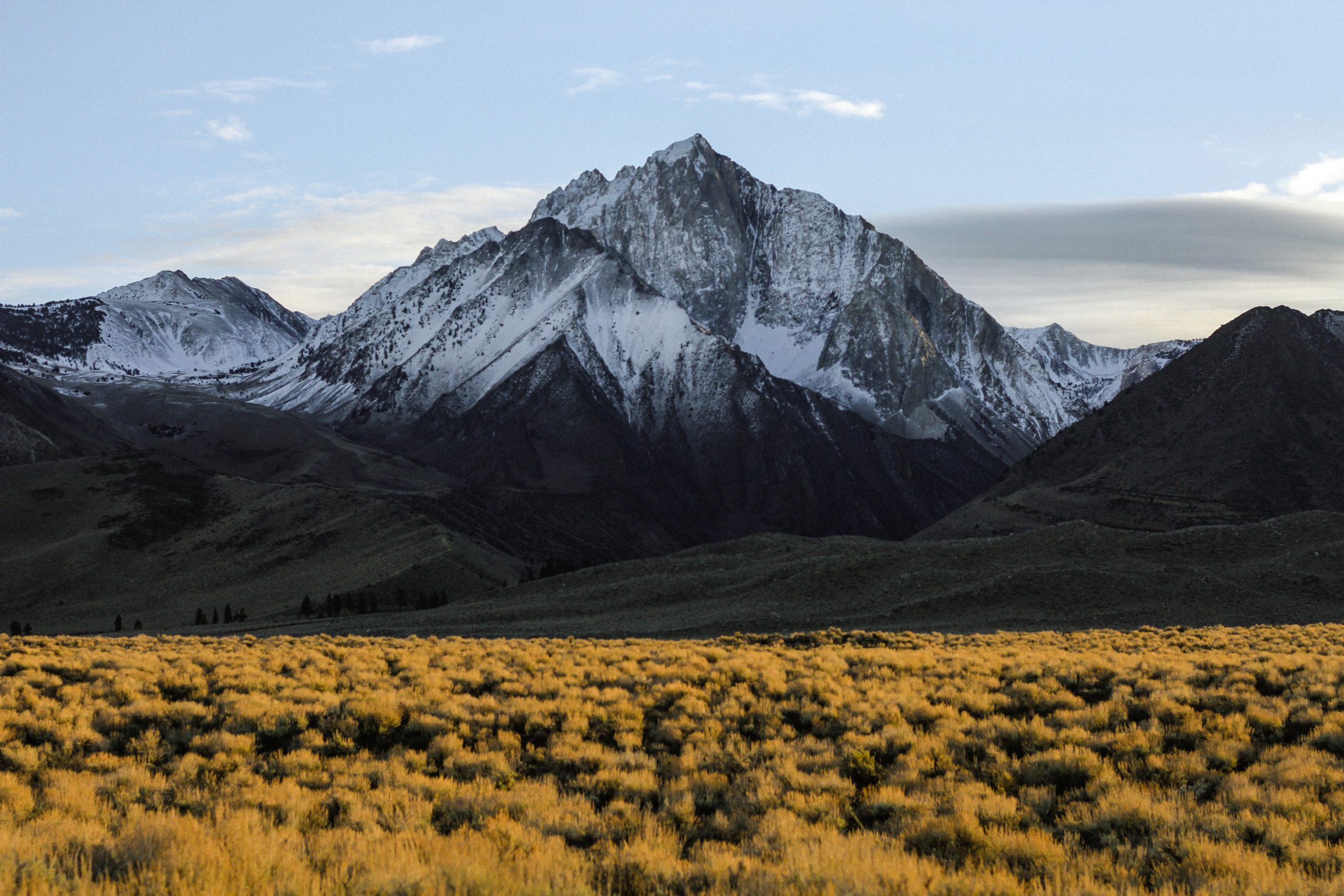
“In the beginning was the Word.” The Word dwelt with God and was God. Then, the Word spoke, but not as you or I speak. “Mountain, mommy, look it’s a mountain,” your daughter says. You know what she means. But she did not speak the mountain. She did not bring it into existence from nothing. The Word spoke, “mountain,” and pouring from his mouth came the mountain itself. He does not speak mere words. He speaks the very things themselves: his voice is the mountain’s existence. Every molecule in your body, every ocean, and body of water, every tree, boulder, iceberg, planet, fruit, animal, mineral, and person owes its existence to him. If he were to stop speaking for even a moment, everything you see and even things you don’t see would dissolve into oblivion. “That thing in your yard, that mangy apple or towering spruce, that thing is not the referent of His Word. It is his Word and its referent. If he were to stop talking, it wouldn’t be there.”[1] And yet, here we are — he upholds the universe by the word of his power. When you look up at the sky, every galaxy you see was created and is sustained by Him. When you look down at the ground, every ant you step on owes its existence to him. Without him, nothing was created that has been created.
While it is true that we can marvel at the things God has created, John tells us that, “no one has ever seen God.” That is . . . until the Word became flesh and dwelt among us. The very same God who spoke the universe into existence ex nihilo (i.e., out of nothing) chose to dwell among his creation. “In him was life,” and yet he willingly gave his life that those who believe could be called God’s children. This is the wonder of the Incarnation. All the fullness of God was pleased to dwell in a baby who couldn’t speak. The one who breathed out the universe was now taking his first breaths. The one who holds the cosmos together — by his word — was being held and taught to speak by a young Jewish girl. How could it be that a person so glorious could look so common? How could such power and majesty be clothed in such frailty? Perhaps this is why, “He came to his own, and his own people did not receive him.” Yet, for those who do receive him, he gives them the right to be called children of God.
This is why we cherish this incarnation. We cherish it because God Almighty came to dwell with man so that man could dwell with God.

